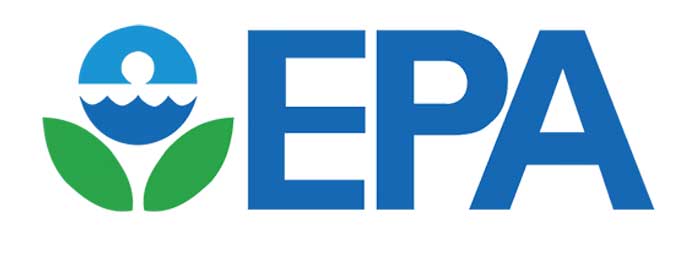
The International Association of Plumbing and Mechanical Officials (IAPMO) today renewed a memorandum of understanding (MOU) with the United States Environmental Protection Agency (EPA) to collaborate on improving the overall performance and management of decentralized wastewater treatment systems. IAPMO originally joined the 20-partner MOU in 2014.
Partners representing national organizations across the wastewater and sanitation industry, state and local governments, and federal agencies work together to achieve such goals as improving the performance of decentralized systems, increasing public awareness, providing homeowner outreach and education, especially by improving access to decentralized options for low-income or underserved households, via a strengthening of external partnerships.
“IAPMO is proud to partner with EPA on this important initiative that provides sanitation and protects water quality at the most local level: our homes,” said Dain Hansen, IAPMO’s executive vice president of Government Relations. “The Decentralized MOU partnership promotes collaboration across the industry, helping to protect public health, preserve valuable water resources, and maintain economic vitality in a community. In our charitable work in the United States and across the globe, we have seen first-hand the important role decentralized waste technologies play in providing sanitation to communities in need.”
More than one in five households in the United States depend on individual onsite or small community cluster systems (septic systems) to treat their wastewater, according to EPA statistics. These systems treat and dispose of approximately 4 billion gallons of wastewater each day, usually from houses and businesses located in suburban and rural locations not served by a centralized public sewer system. More than 60 million Americans are served by decentralized wastewater treatment systems and about one-third of all new development is served by one.
IAPMO, through its charitable arm IWSH, has been actively working to expand access to water and sanitation systems in the United States. Wastewater infrastructure in the communities where IWSH works is either failing, inadequate, or non-existent. This leads to the perpetual presence of wastewater in and around homes and takes a significant toll on individuals' mental and physical health. Through IWSH projects in Alabama, Arizona, and New Mexico, The IAPMO Group is working to ensure communities have adequate sanitation in order to break cycles of poverty and marginalization and increase opportunities for education and employment.
Partners will gather remotely this morning and Thursday via online meeting software to reaffirm commitments and chart new areas for collaboration. IAPMO’s Senior Director of Government Relations Christopher Lindsay will co-lead a discussion on addressing underserved, rural decentralized challenges at 1:15 EST.
To learn more about the Decentralized System MOU Partners, visit https://www.epa.gov/septic/decentralized-system-partners. To review the previous MOU, visit https://www.epa.gov/septic/2017-decentralized-wastewater-management-mou.
For more information, contact Lindsay at (202) 445-1198 or christopher.lindsay@iapmo.org.